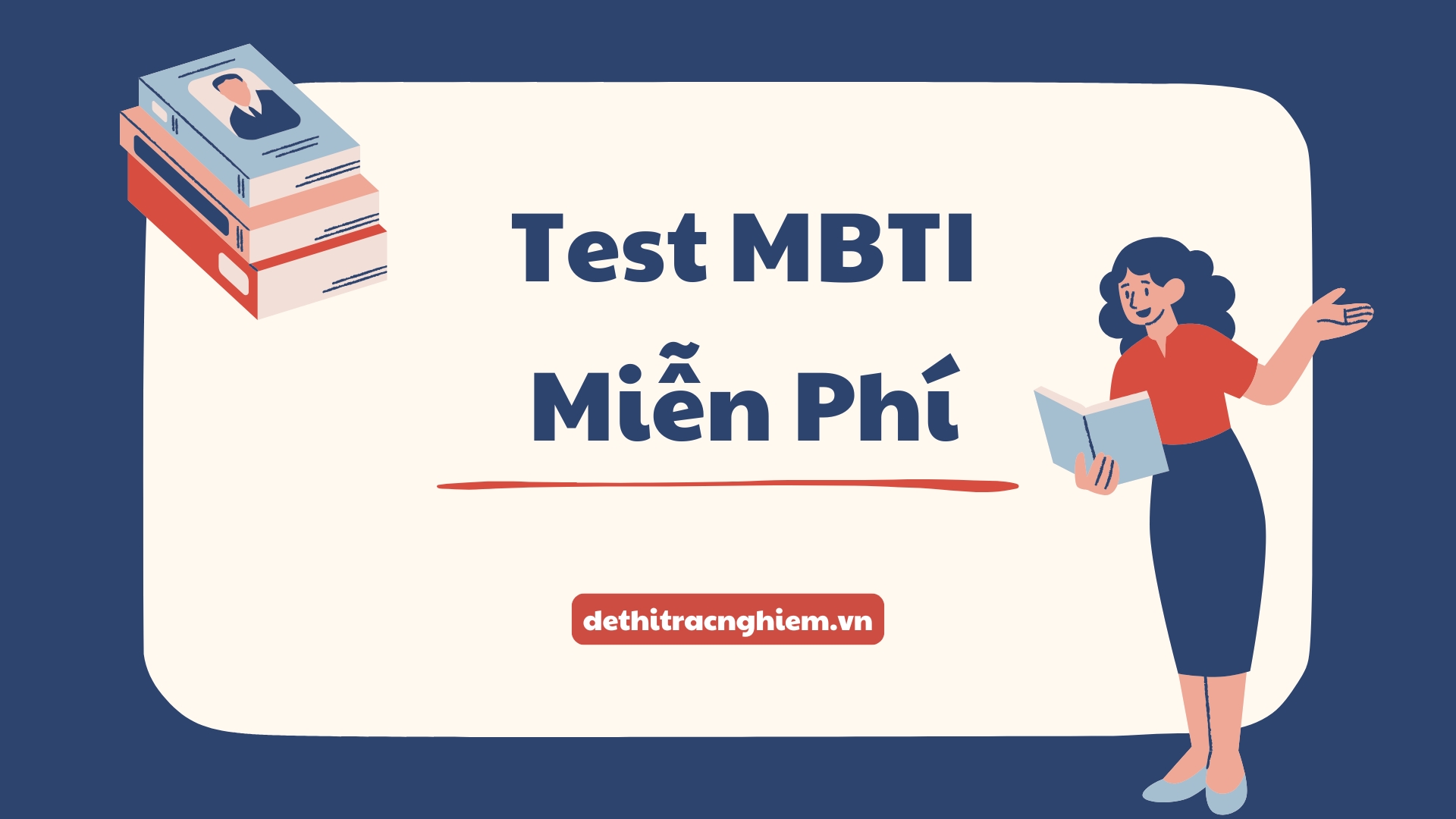Trắc nghiệm Tiếng Anh 12: Unit 6 – Future Jobs – Reading là một phần quan trọng giúp học sinh rèn luyện kỹ năng đọc hiểu với chủ đề Future Jobs trong chương trình Tiếng Anh 12.
Trong phần này, học sinh sẽ tiếp cận các bài đọc liên quan đến xu hướng nghề nghiệp trong tương lai, các kỹ năng cần thiết cho công việc và cách chuẩn bị cho một cuộc phỏng vấn xin việc. Bài trắc nghiệm sẽ kiểm tra khả năng hiểu ý chính, tìm kiếm thông tin chi tiết, đoán nghĩa của từ trong ngữ cảnh và rèn luyện kỹ năng suy luận từ văn bản.
👉 Hãy cùng Dethitracnghiem.vn khám phá bài đọc thú vị này và kiểm tra khả năng đọc hiểu của bạn ngay bây giờ! 📖✅
Trắc nghiệm Tiếng Anh 12: Unit 6 – Future Jobs – Reading
Bài 1. Read the passages and choose the best answer to each question.
Preparation is a key to a successful interview. Does the idea of going to a job interview make you feel a little nervous? Many people find that it is the hardest part of the employing process. But it is not really true. The more you prepare and practice, the more comfortable you will feel. You should find out as much as possible about the company before you go to the interview. Understand the products that they produce and the services that they provide. It is also good to know who the customers are and who the major competitors are. Practice makes perfect. It will also make you feel more confident and relaxed. So, practice your answers to common questions. Make a list of questions to ask, too. Almost all interviewers will ask if you have questions. This is a great opportunity for you to show your keenness, enthusiasm, and knowledge.
Make a great impression. The interview is your chance to show that you are the best person for the job. Your application or resume has already exhibited that you are qualified. Now it is up to you to show how your skills and experience match this position and this company. The employer will be looking and listening to determine if you are a good fit. He/she will be looking for a number of different qualities, in addition to the skills that you possess. To make the best impression, dress appropriately; express your strengths; arrive early, by about 10-15 minutes; be enthusiastic; shake hands firmly; be an active listener; sit up straight and maintain eye contact; and ask questions.
After the interview, follow up with a thank-you note. This is a chance for you to restate your interest and how you can benefit the company. Your best bet is to try to time it so that the note gets there before the hiring decision is made. You should also follow up with a phone call if you do not hear back from the employer within the specified time.
Question 1. The pronoun it refers to ………….
A. the job
B. the interview
C. the interviewer
D. the preparation
Question 2. What does the writer advise you to practice?
A. Asking and answering questions related to the job.
B. Making products that the company produces.
C. Providing services that the company serves.
D. Meeting some customers and competitors.
Question 3. Which should not be shown during your interview?
A. Punctuality
B. A firm hand shaking
C. Being properly-dressed
D. Weaknesses
Question 4. You can show your qualifications in the …………
A. dressing style and punctuality
B. competing with the competitors
C. resume and letter of application
D. eye contact with the interview
Question 5. Which is not included in the writer’s advice?
A. You should not communicate with the interviewer after the interview.
B. You should make the best impression in the interview.
C. You should write a note to say thanks to the interviewer after the interview.
D. You should telephone the interviewer for any information after the interview.
Bài 2. Choose the option that best completes each of the following sentences.
Computer programmer David Jones earns £35,000 a year designing new computer games, yet he cannot find a bank prepared to let him have a cheque card. Instead, he has been told to wait another two years, until he is 18.
The 16-year-old works for a small firm in Liverpool, where the problem of most young people of his age is finding a job. David’s firm releases two new games for the expanding home computer market each month.
But David’s biggest headache is what to do with his money.
Despite his salary, earned by inventing new programs within tight schedules, with bonus payments and profit-sharing, he cannot drive a car, take out a mortgage, or obtain credit cards.
He lives with his parents in their council house in Liverpool, where his father is a bus driver. His company has to pay £150 a month in taxi fares to get him the five miles to work and back every day because David cannot drive.
David got his job with the Liverpool-based company four months ago, a year after leaving school with six O-levels and working for a time in a computer shop. “I got the job because the people who run the firm knew I had already written some programs,” he said.
“I suppose £35,000 sounds a lot but actually that’s being pessimistic. I hope it will come to more than that this year.” He spends some of his money on records and clothes, and gives his mother £20 a week. But most his spare time is spent working.
“Unfortunately, computing was not part of our studies at school,” he said. “But I had been studying it in books and magazines for four years in my spare time. I knew what I wanted to do and never considered staying on at school. Most people in this business are fairly young, anyway.”
David added: “I would like to earn a million and I suppose early retirement is a possibility. You never know when the market might disappear.”
Question 1. Why is David different from other young people at his age?
A. He earns an extremely high salary.
B. He is not unemployed.
C. He does not go out much.
D. He lives at home with his parents.
Question 2. David’s greatest problem is ………….
A. Making the banks treat him as an adult.
B. inventing computer games.
C. spending his salary.
D. learning to drive.
Question 3. He was employed by the company because
A. he had worked in a computer shop.
B. he had written some computer programs.
C. he works very hard.
D. he had learned to use computers at school.
Question 4. He left school after taking O-levels because
A. he did not enjoy school.
B. he wanted to work with computers and staying at school did not help him.
C. he was afraid of getting too old to start computing.
D. he wanted to earn a lot of money.
Question 5. Why does David think he might retire early?
A. You have to be young to write computer programs.
B. He wants to stop working when he is a millionaire.
C. He thinks computer games might not always sell so well.
D. He thinks his firm might go bankrupt.




